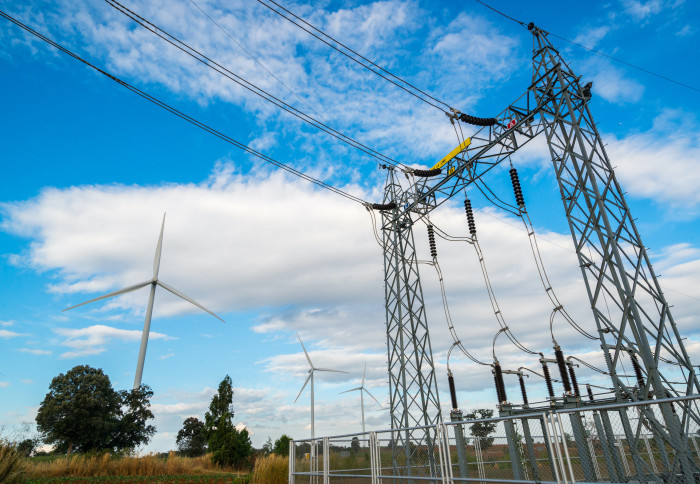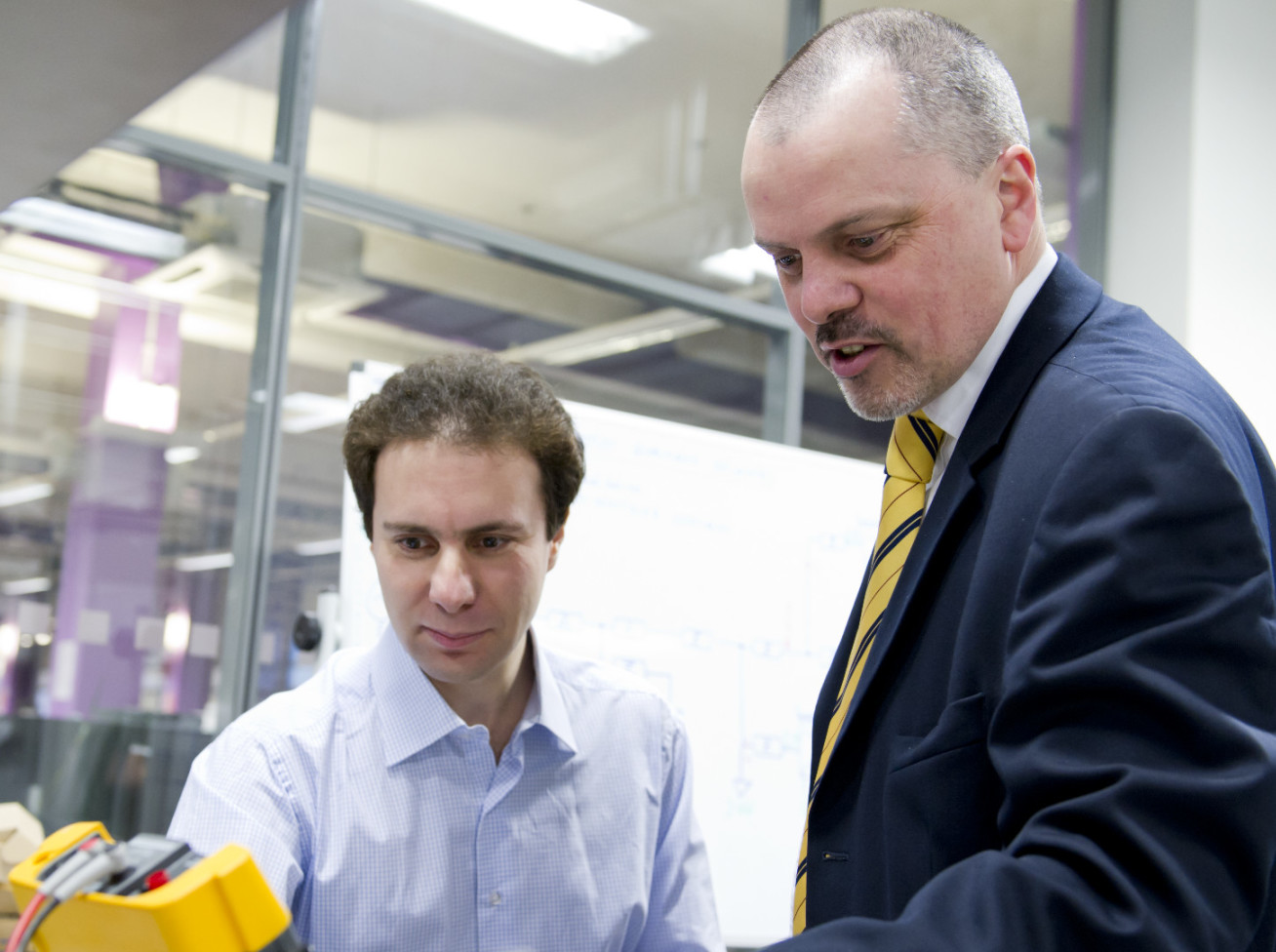Transforming power systems for Net Zero: ministers announce global consortium
by George Hope

US and UK ministers launch a global effort - which features Imperial expertise - to speed up the energy transition.
An innovative public-private partnership to accelerate the clean energy transition by transforming our power systems has been formally launched, ahead of US President Joe Biden's Earth Day climate summit.
The Global Power System Transformation Consortium (G-PST), which includes technical expertise from Imperial, was officially launched by the UK Secretary of State for Business, Energy and Industrial Strategy Kwasi Kwarteng and US Secretary of the Department of Energy Jennifer Granholm, alongside CEOs of power system operators and institutions from around the world.
G-PST aims to enable the integration of renewable energy sources into power systems at an unprecedented scope and scale, contributing to a 50 per cent reduction in emissions of all pollutants over the next ten years.
I am delighted that the UK is co-hosting the launch of this new consortium, uniting the very best of business, research and academia to bring world-class renewable energy to the grid Kwasi Kwarteng MP Secretary of State for Business, Energy and Industrial Strategy
Kwasi Kwarteng MP said: “Tackling climate change requires international cooperation and if we want to successfully achieve cost-efficient, green energy networks that work for everyone, we need to work together.
“As a world leader in both technological innovation and the renewable energy market, I am delighted that the UK is co-hosting the launch of this new consortium, uniting the very best of business, research and academia to bring world-class renewable energy to the grid – key for economic growth, job creation, the climate and building back greener.”
The core technical team for the Consortium includes Imperial experts Professor Tim Green, Co-Director of Energy Futures Lab, and Dr Balarko Chaudhuri, Reader in Power Systems, Department of Electrical and Electronic Engineering.
Professor Green said: “Overhauling power systems around the world for a total transition to clean energy calls for deep collaboration between academia, industry and government and between nations.
"G-PST brings together the key players in each of those fields and we are proud to be part of that team, bringing Imperial’s technical expertise to bear on this important challenge."

Imperial is also leading the Consortium's work on developing a forward-looking teaching and training agenda that will prepare graduates and energy professionals across the world to meet the challenges posed by the power systems of tomorrow.
“A critical, but sometimes overlooked, element of the energy transition is people. We need engineers with the skills and tools to operate power systems in new ways to achieve stable and reliable operation based almost entirely on renewables,” said Professor Green.
Imperial's vision for a sustainable zero pollution future
Imperial is leading the way to a net zero-future. We have expertise across the College in how to achieve net zero, including in our Grantham Institute - Climate Change and the Environment, Centre for Environmental Policy and Energy Futures Lab.
In September, the College launched Transition to Zero Pollution, a new strategic initiative that captures our vision to transform the way we think about pollution, bringing together ideas around new energy, resource management, health and environmental impacts and human behaviour in a ‘whole system’ approach.
Professor Mary Ryan, Vice-Dean (Research) in the Faculty of Engineering and College Champion for Zero Pollution, said “The launch of the G-PST Consortium represents a critical step in our ability to fully exploit the promises of renewable energy for a sustainable future.”
“Within the Transition to Zero Pollution initiative we have emphasised the need for systems level approaches to solving environmental challenges and the renewable energy system represents one such challenge - where generation, integration and transmission of clean electricity needs to be fully understood, optimised and controlled.
"Taking a holistic approach the G-PST is bringing together research, innovation, business and education to deliver rapid changes across energy networks globally.”
For additional information on the G-PST Consortium and its capabilities, please visit globalpst.org.
Article text (excluding photos or graphics) © Imperial College London.
Photos and graphics subject to third party copyright used with permission or © Imperial College London.
Reporter
George Hope
Office of the President